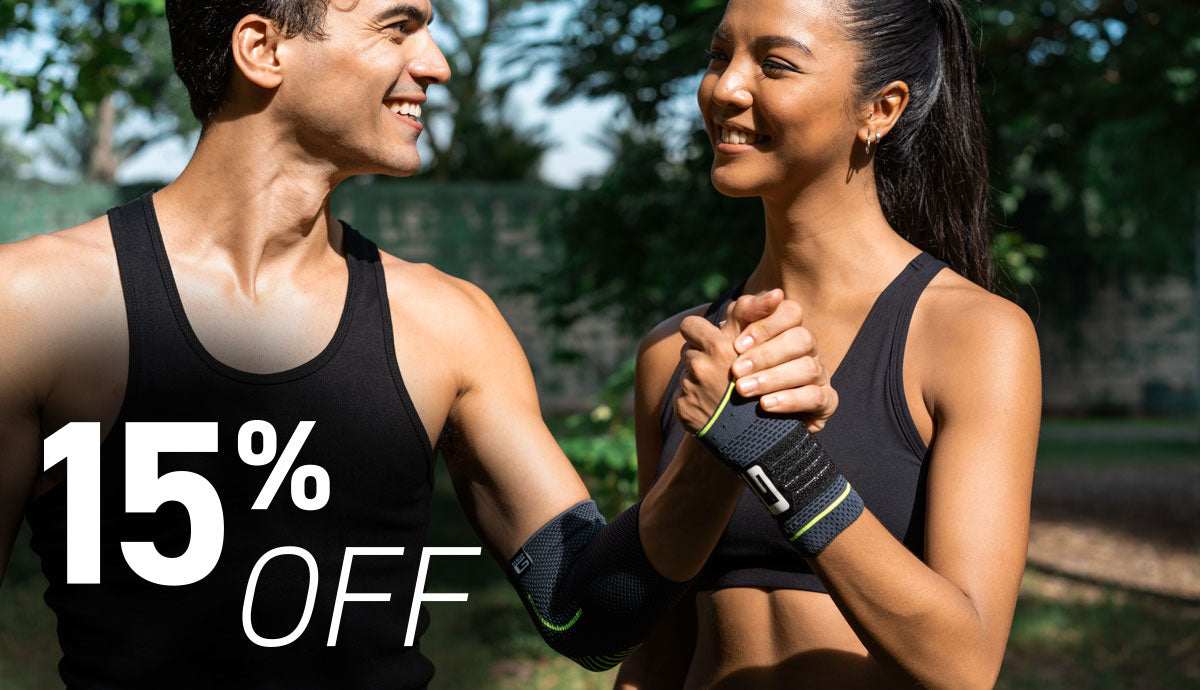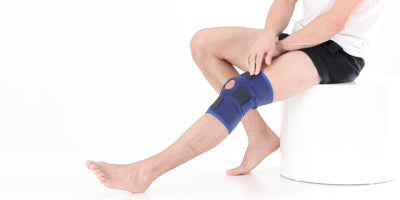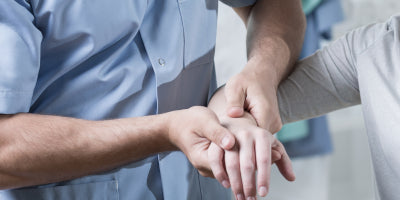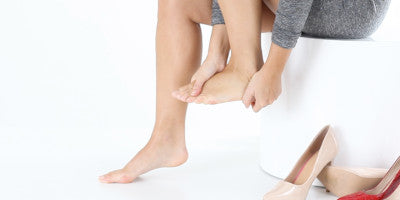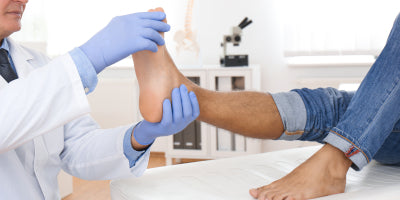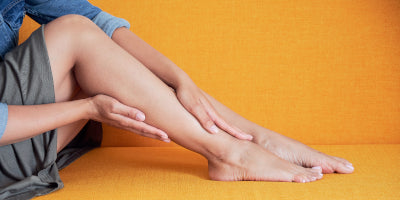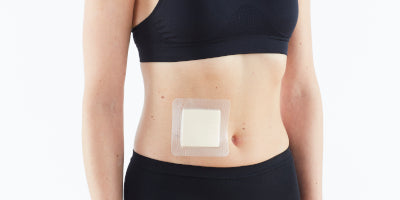Dislocated Shoulder
Dislocated Shoulder
The shoulder is a very mobile joint but due to this it means it is liable to become dislocated. In fact the shoulder is the most commonly dislocated joint in the body. If the shoulder becomes dislocated there will be instant pain around the shoulder and you will be unable to move it. It normally occurs when someone falls onto their outstretched arm. It is important that you seek medical help as soon as possible to have the shoulder relocated. Once this is done the shoulder should be immobilised in a sling for approximately 2 weeks and then physiotherapy can start to get the shoulder moving again and start to strengthen the rotator cuff muscles.
Common Causes
Common sports that cause these injuries:
- Skiing
- Basketball
- Football
Common Signs & Symptoms
Common signs and symptoms of a dislocated shoulder:
- Immediate severe pain around the shoulder
- Loss of shoulder movement
- Wanting to keep the arm close to your stomach to protect it
Condition Management
What should be done following this injury:
- Seek immediate medical help – go to the Emergency Room to have the shoulder relocated
- Use ice or a reusable cold pack to reduce pain and swelling (the recommended time is 10 minutes on with 1 hour off). Never apply ice directly to the skin.
- Use a sling to protect and rest the shoulder for around 2 weeks
Once the pain and inflammation has settled down following the injury you should seek the advice of a chartered physical therapist so that they can guide you through the rehabilitation for a dislocated shoulder. They will teach you strengthening exercises to undertake and help return full range of movement and strength to the shoulder.
